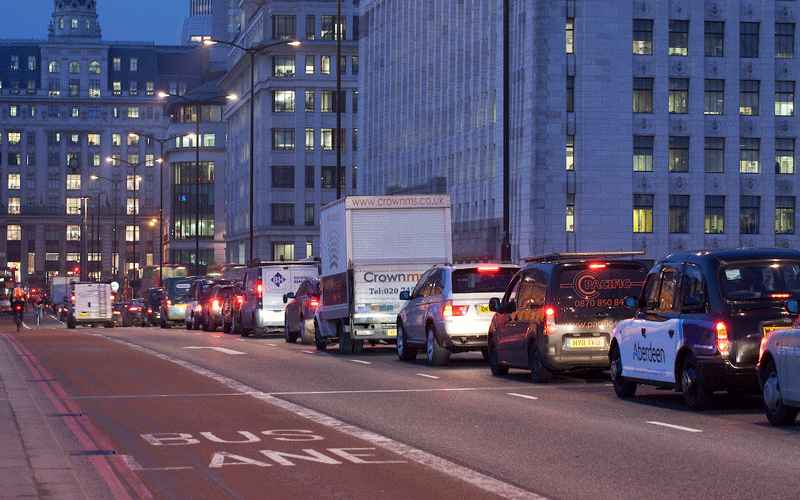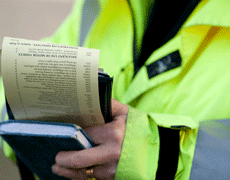
What is Parking Management?
Parking ‘management’ refers to the process through which local authorities accommodate the need for parked vehicles without compromising their economic, social and environmental responsibilities and policy objectives. The need is to reconcile the supply of parking spaces with the demand for parking and the application of various tools and techniques (parking controls) to ensure that this process remains optimal.
The supply of parking and its management is therefore a resource allocation issue: a case of how to make best use of a scarce resource – a classic economic problem. Importantly, the resource is the land rather than the parking spaces themselves. Therefore, allocating land to parking comes with the opportunity cost of not being able to use it for other uses, including primary productive uses, and so there is an intrinsic motive for society not to overprovide.
Optimising Supply
A particular challenge of parking is that the demand profile of car use is highly dynamic, sensitive to time of day, type of land use/trip generator being served and the propensity for the land use ‘mix’ to change through time, owing to evolving patterns of development. This means that parking supply has to be designed to cater for the peak demand scenario. Consequently, the allocation of land to parking is sub-optimal at off-peak times.
Parking Policy and Enforcement
London boroughs have been responsible for the civil enforcement of non-endorsable parking contraventions since 1993/94, set out in the Road Traffic Act 1991. This gives the boroughs responsibility to issue Penalty Charge Notices (PCN) and to set the level of any parking charges.
For on-street parking, the level of the charge should not ordinarily exceed the level required to cover the cost of parking management and operation. However, in London, the scarcity of parking and the need to discourage non-essential car trips necessitates that higher charges are often required to ensure that the demand generated for parking equilibrates to the level of parking supply. For off-street parking, boroughs are free to set charges in proportion with the need to manage demand.
Where surpluses are generated from on-street parking charges and on and off-street parking enforcement, the excess revenue must be invested back into the parking function or used to support other transport/mobility objectives as set out in section 55 (as amended) of the Road Traffic Regulation Act 1984; boroughs have more flexibility over how they can invest surplus income from off-street parking charges. This hypothecation ensures that local authorities cannot ‘profit’ from parking management or its associated activities. Importantly, revenue raising cannot be the objective of a parking regime and surplus can only be justified where the need exists to manage demand.

